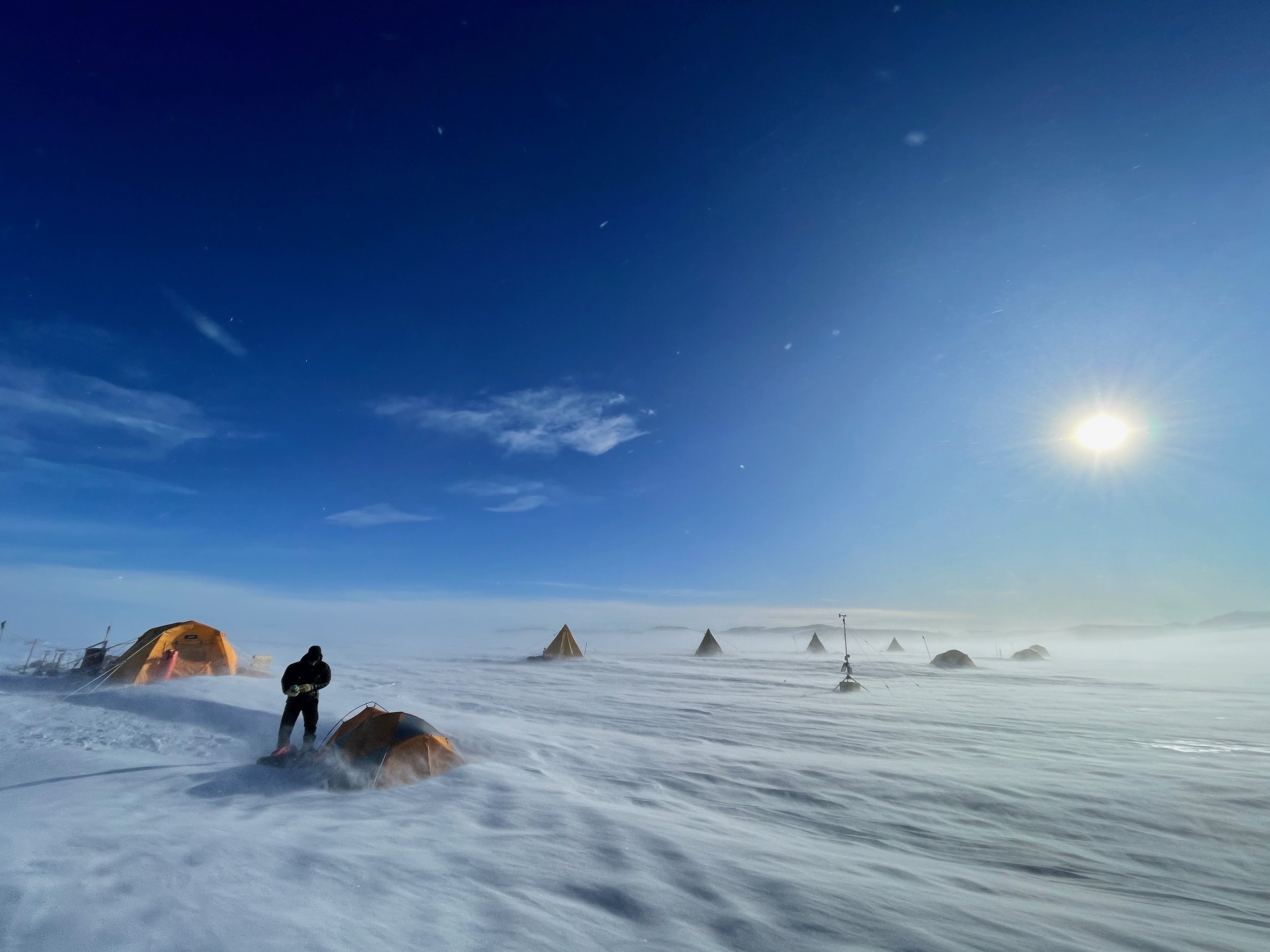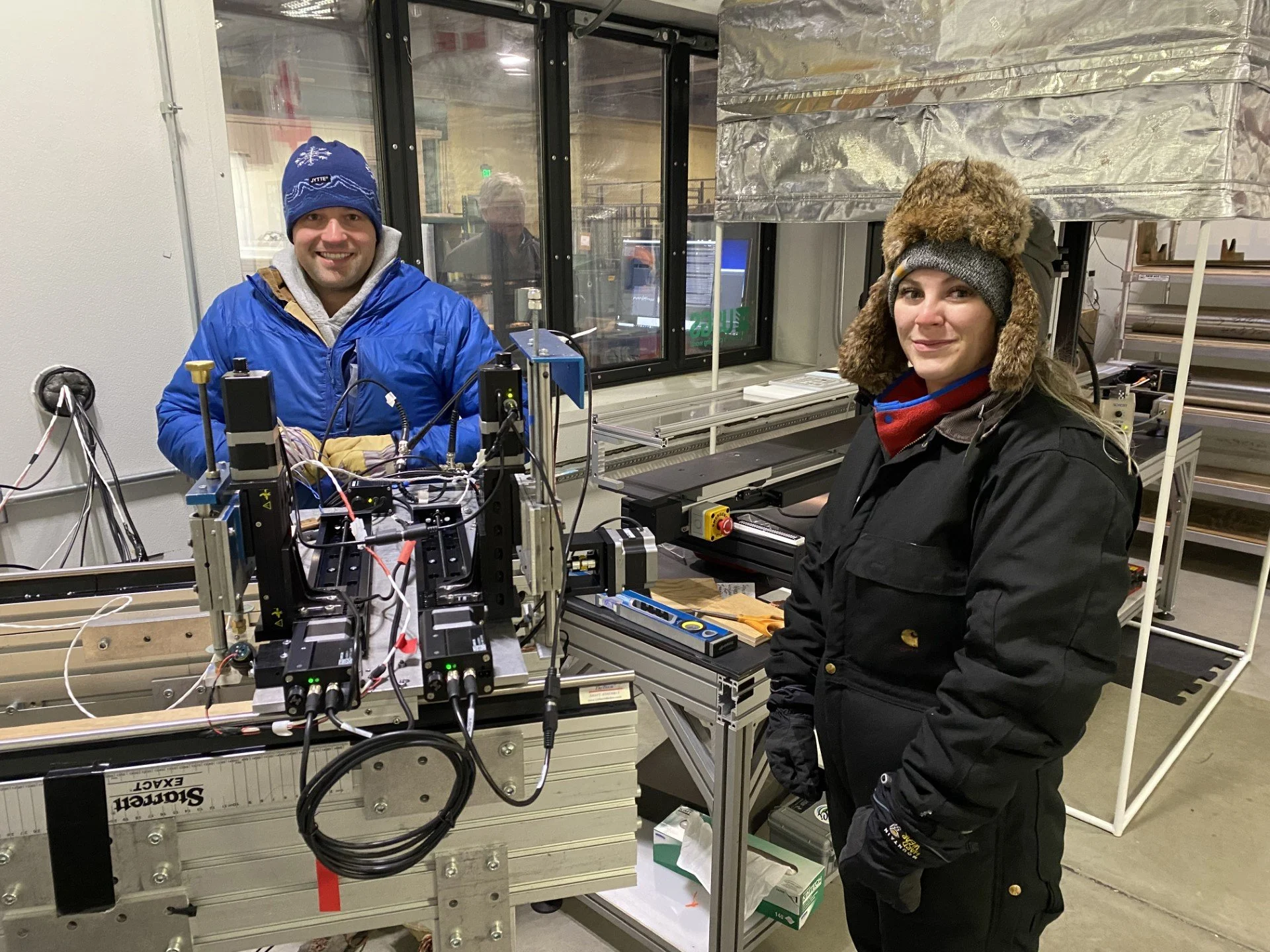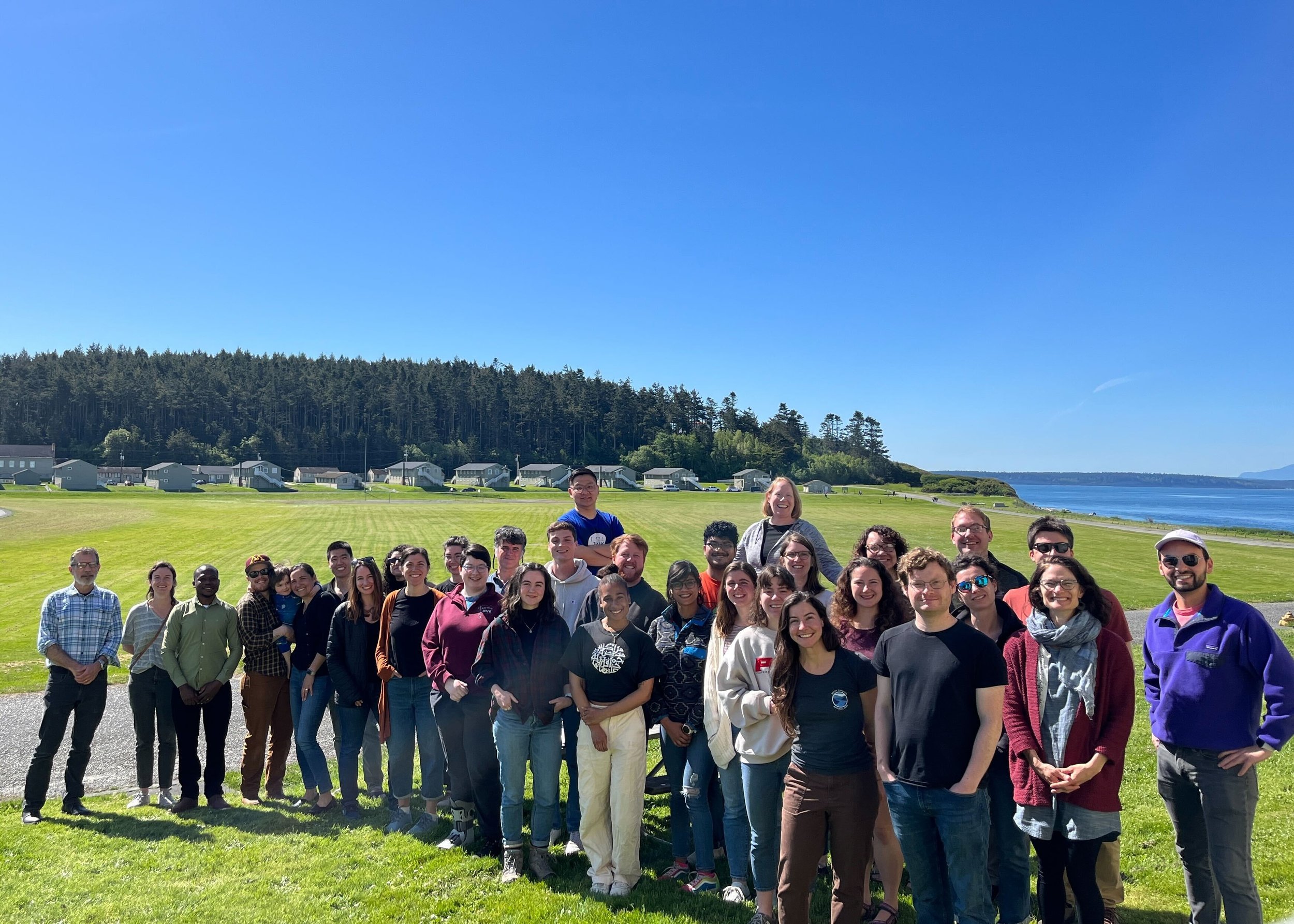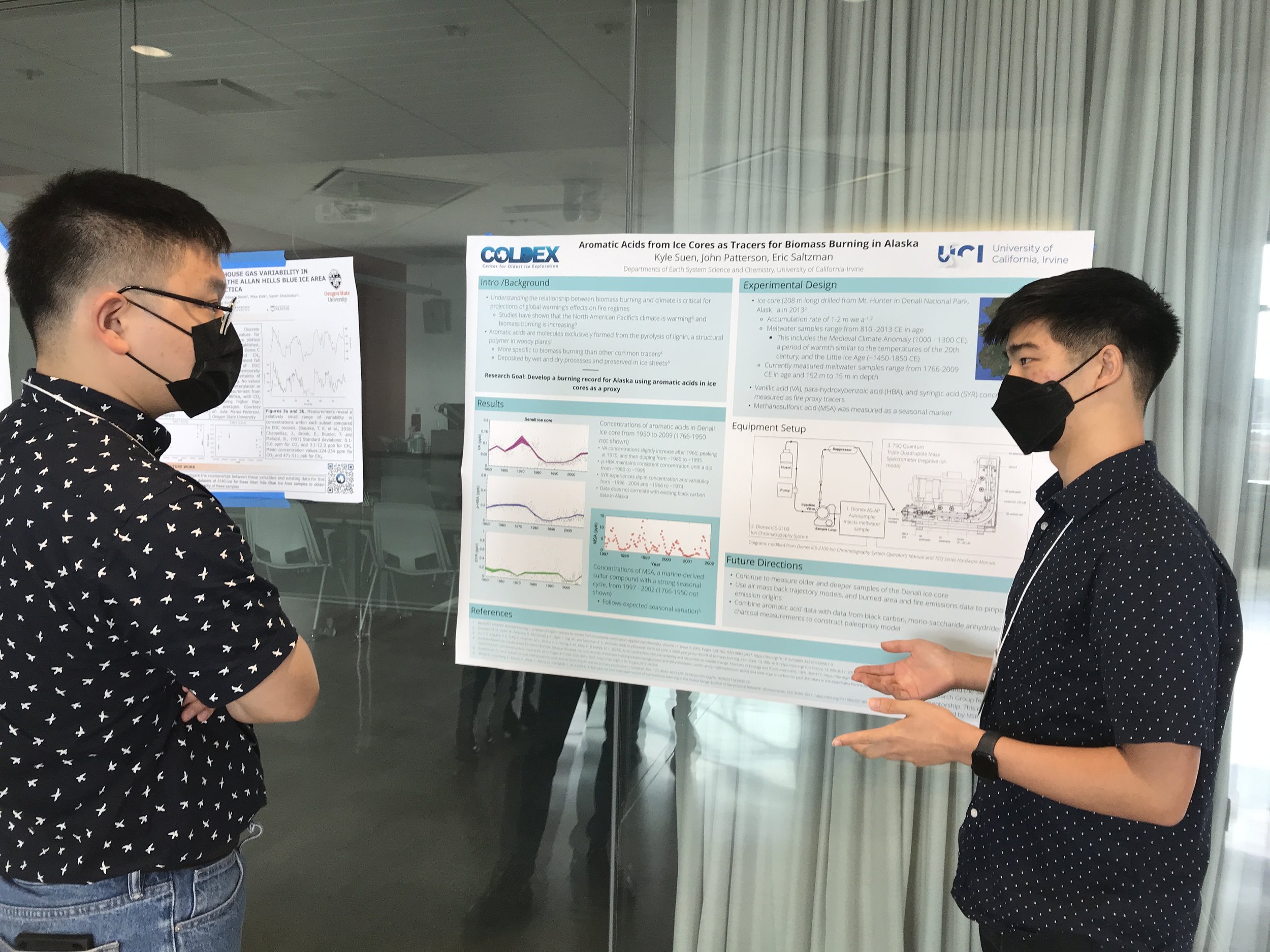
Resources for applying to graduate school
(at a COLDEX institution and beyond)
Frequently Asked Questions for students interested in working with COLDEX
-
COLDEX is The Center for Oldest Ice Exploration. It is a National Science Foundation Science and Technology Center (STC) founded in October 2021. COLDEX is a partnership between 14 different institutions across the United States with a mission to find the oldest ice in Antarctica and increase the diversity of polar researchers in the future
-
COLDEX cannot directly accept graduate students. Instead, you will apply directly to a graduate department after communicating with a potential graduate advisor. We recommend you reach out to a COLDEX scientist at one of our 14 institutions to inquire about potential graduate student positions in their department and research group.
-
COLDEX graduate students are an integral part of our community, often taking the lead on important research projects. As part of COLDEX, you will work with faculty outside of your own institution and will be encouraged to participate in projects and activities outside your own area of expertise. COLDEX graduate students also participate in all educational activities, acquiring experience in teaching and mentoring diverse audiences. COLDEX has a commitment to increasing the diversity of the polar research community.
Specific opportunities for graduate students include an oldest ice short course, a workshop on leadership and inclusive mentoring, and an ECR Scholarship.
-
We recommend the following steps: 1.) Directly reach out to the COLDEX scientist you are interested in working with via email; 2.) Fill out our information form so that we can alert you about recruiting activities or informational office hours; 3.) Submit an application to the department(s) you are interested in attending (application requirements and procedures vary by department)
-
We welcome current graduate students and postdocs to join our active Early Career Researchers (ECR) group. This group meets monthly to support each other and share resources as a community. COLDEX also hosts a monthly research seminar that is open to all. Please contact Kristen Rahilly if you are interested in more information about becoming involved in COLDEX as a graduate student or postdoc.
-
In COLDEX, Early Career Researchers (ECRs) are our graduate students and postdoctoral researchers.
-
Any current, US-based undergraduate, graduate, or postdoctoral researcher can apply for funding to support their research or broadening participation work related to the COLDEX mission. Current COLDEX early career researchers can also apply for support to attend domestic or international conferences, workshops, or courses. Apply here
-
The majority of our institutions do not require the GRE. Please reach out to the department(s) you are interested in applying to for more information.
-
COLDEX has three main “pillars” of research: 1.) Ice coring and ice chemical analysis; 2.) ice geophysical exploration and ice flow modeling; 3.) interdisciplinary science communication.
Please see the list of COLDEX scientists who work with graduate students to find out more about the research each scientist does.
-
Discussions about potential future field work, research interests, and other aspects of your graduate career are important conversations to have early on with potential advisors.
COLDEX works to ensure that field teams are diverse across individual identities, institutional representation, experience levels, and career stages. We are particularly committed to supporting our early career researchers who want to gain field research experience. -
Discussions about potential future field work, research interests, and other aspects of your graduate career are important conversations to have early on with potential advisors. However, doing field research is not a requirement for being a successful ice core or polar researcher!
-
We suggest you follow up with another email (the potential advisor may have missed your email, forgotten to respond, or is simply out of the office). Although we know it can be frustrating, try not to take a lack of email response personally. If the potential advisor still does not respond then move on to other possible advisors doing research you find interesting.
Resources to help you apply for graduate school
-

What to look for in an advisor
Finding a research advisor is one of the most important parts of graduate school. Be thoughtful about finding an advisor who:
fits your work style
will support your research and career goals
will be clear about expectations and funding
and whose research expertise fits your interests
-
Contacting potential advisors
Contacting potential advisors is an important step in the graduate school application process. Applying to graduate school differs from applying to your undergraduate program in that you are applying to a department. Contacting a potential advisor in that department gets the conversation started so you can decide whether the advisor and department will be a good fit for you.
-

CVs and resumes
It can help to send a CV or resume along to any potential graduate advisors so they can understand your previous experiences. Your CV will grow as you gain more experiences whereas your resume will be updated but remain at 1 - 2 pages.
Graduate school applications also often ask for a personal, research, or goal-oriented statement. This gives you the chance to share more about your interests and how your previous experiences (academic, research, volunteer, work) have prepared you for graduate school.


